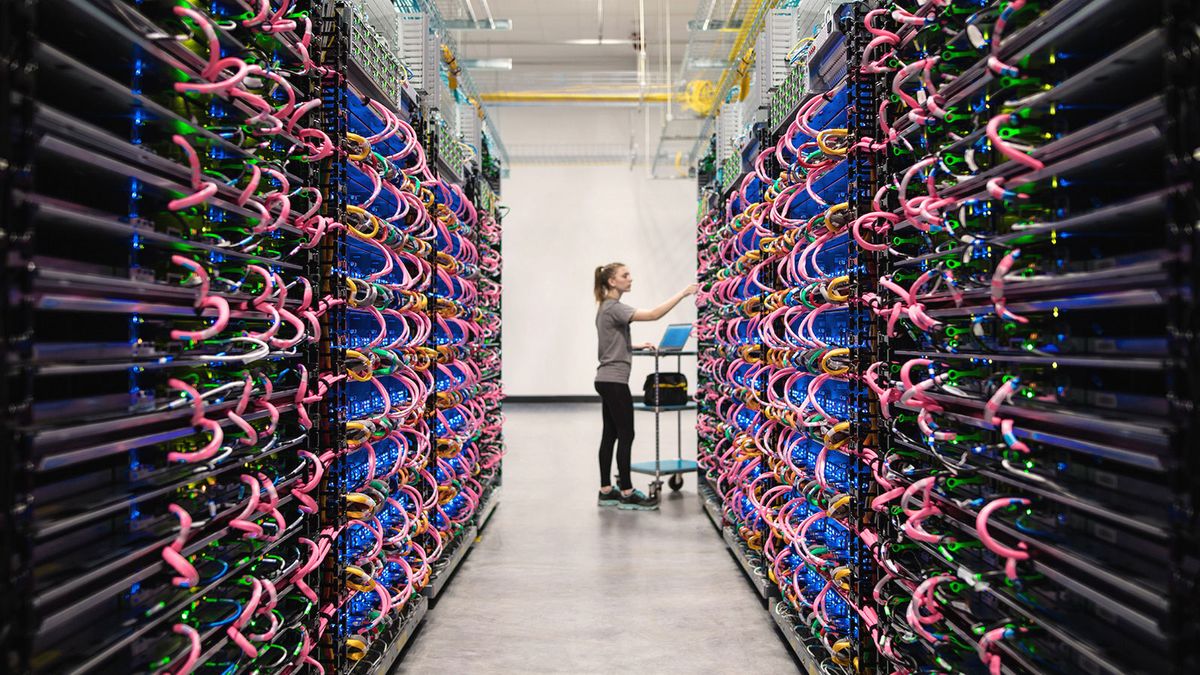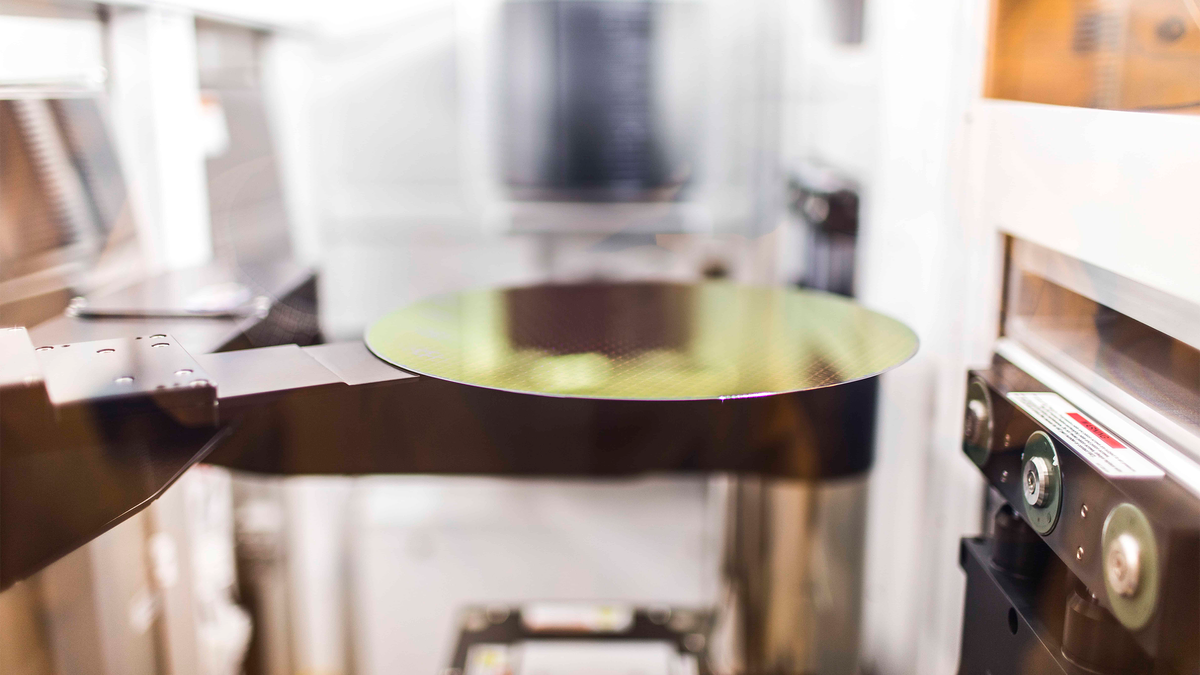Ultra Accelerator Link Consortium (UALink) on Tuesday said that Alibaba Cloud, Apple, and Synopsys have been elected to its board of directors, which allows the companies to influence development of UALink, a technology designed to enable connectivity of AI and HPC accelerators and meant to compete against Nvidia's NVLink. The announcement outlines Apple's interest in datacenter connectivity for AI and may indicate that the company is working on a datacenter product for AI acceleration.
The UALink specification version 1.0 due in the first quarter of 2025 will enable connection of up to 1,024 accelerators within an AI computing pod in a low-latency network at a speed of 200 Gb/s. This specification allows for direct data transfers between the memory attached to processors, which is particularly important for AI training workloads. The new standard is an open industry standard that is backed by AMD, Broadcom, Cisco, Google, HPE, Intel, Meta, and Microsoft, which are all known developers of AI hardware and software. There are 65 companies behind UALink.
"UALink shows great promise in addressing connectivity challenges and creating new opportunities for expanding AI capabilities and demands," said Becky Loop, Director of Platform Architecture at Apple. "Apple has a long history of pioneering and collaborating on innovations that drive our industry forward, and we are excited to join the UALink Board of Directors."
Apple has never confirmed plans to develop its own datacenter-class processors for AI, but rumors about such intentions have been floating around for a while. The company could follow the steps of its industry peers like Google and Facebook and work with Broadcom to design custom datacenter accelerators for training and inference. Such approach would enable the company to tailor its AI capabilities to its actual needs and then save on expensive third-party accelerators like those from AMD and Nvidia as well as on power and software stack. For now, this is a pure speculation, but joining the UALink Consortium indicates that the company is interested in datacenter grade connectivity, which certainly implies on development of in-house processors.
Alibaba Cloud, just like other major cloud service providers, is interested in developing its own AI hardware so joining the UALink Consortium is a natural fit for the company.
"Alibaba Cloud believes that driving AI computing accelerator scale-up interconnection technology by defining core needs and solutions from the perspective of cloud computing and applications has significant value in building the competitiveness of intelligent computing supernodes," said Qiang Liu, VP of Alibaba Cloud, GM of Alibaba Cloud Server Infrastructure. "The UALink consortium, as a leader in the interconnect field of AI accelerators, has brought together key members from the AI infrastructure industry to work together to define interconnect protocol which is natively designed for AI accelerators, driving innovation in AI infrastructure. This will strongly promote the innovation of AI infrastructure and improve the execution efficiency of AI workloads, contributing to the establishment of an open and innovative industry ecosystem."
Synopsys does not develop its own AI accelerators, but the company licenses physical IP for its customers, so it is important for the company to be a part of the team behind UALink.
"UALink will be critical in addressing the performance and bandwidth communication demands of hyperscale data centers, enabling the high-speed interconnects needed to scale up pods and clusters," said Richard Solomon, UALink Board Member and Sr. Staff Product Manager, Synopsys. "As the leading provider of best-in-class interface IP solutions, Synopsys is committed to contributing our expertise to the UALink Consortium to develop high-speed standards enabling the world’s fastest AI accelerator architectures."

 1 week ago
10
1 week ago
10









 English (US) ·
English (US) ·